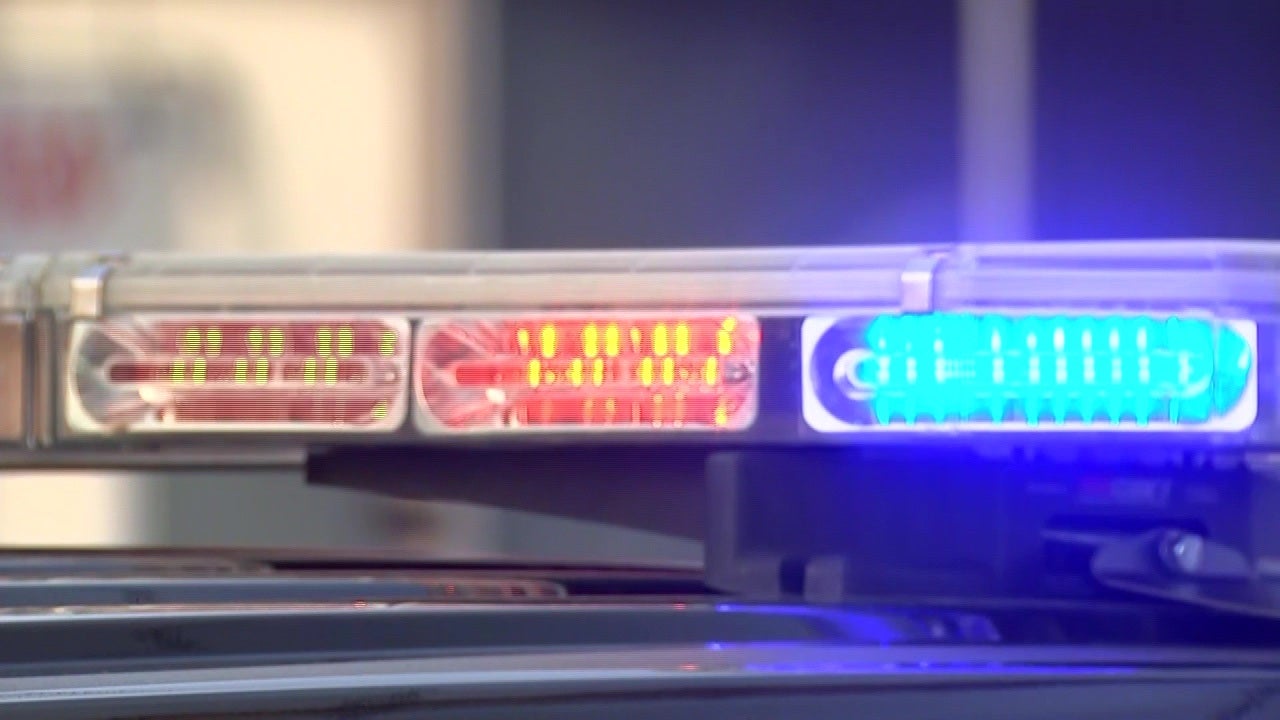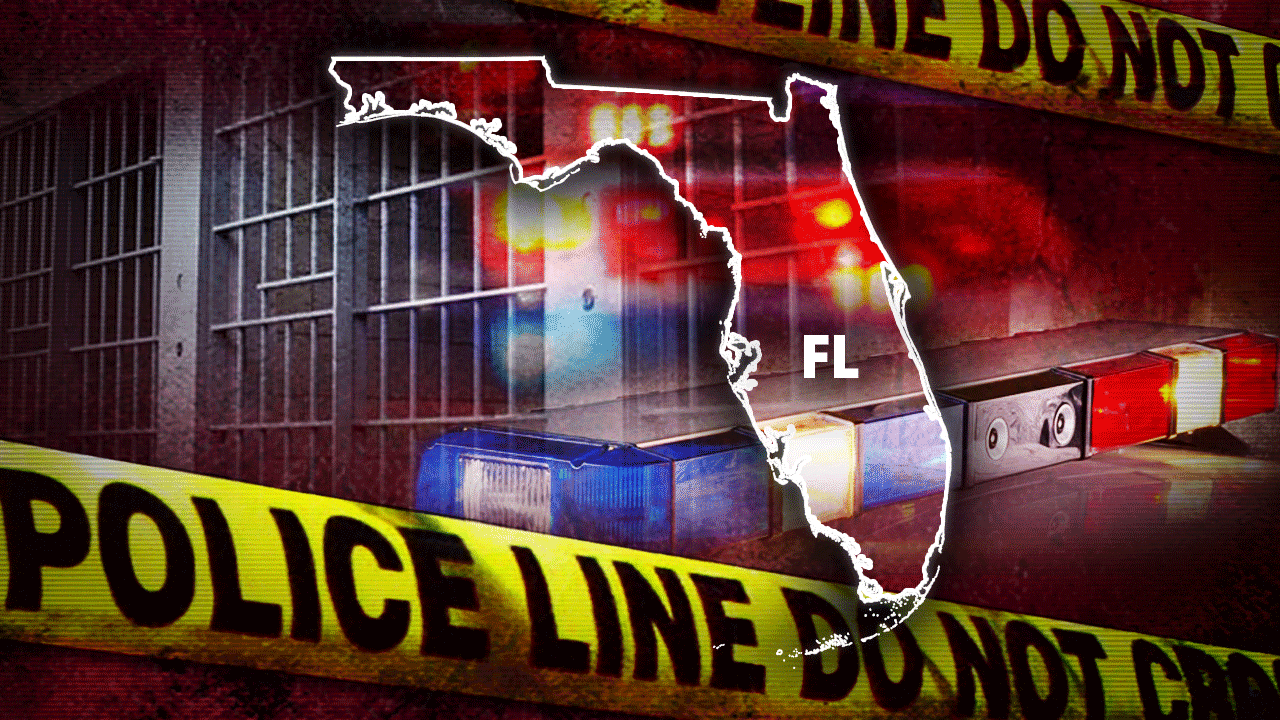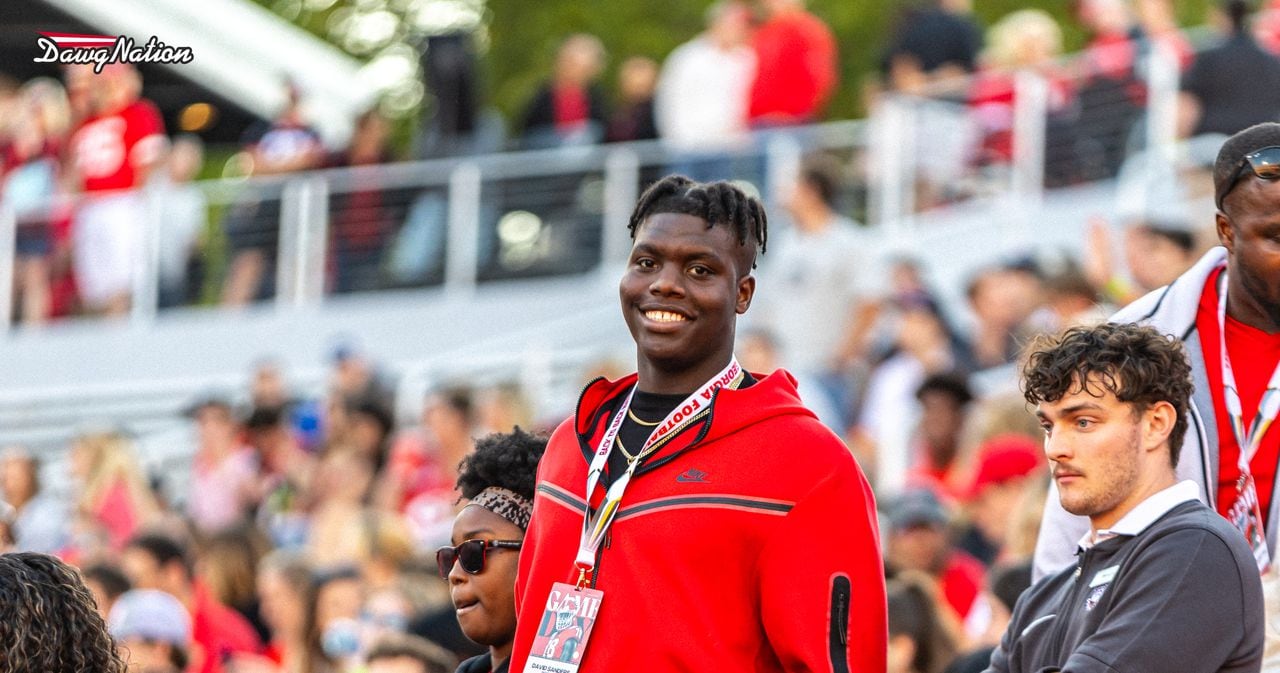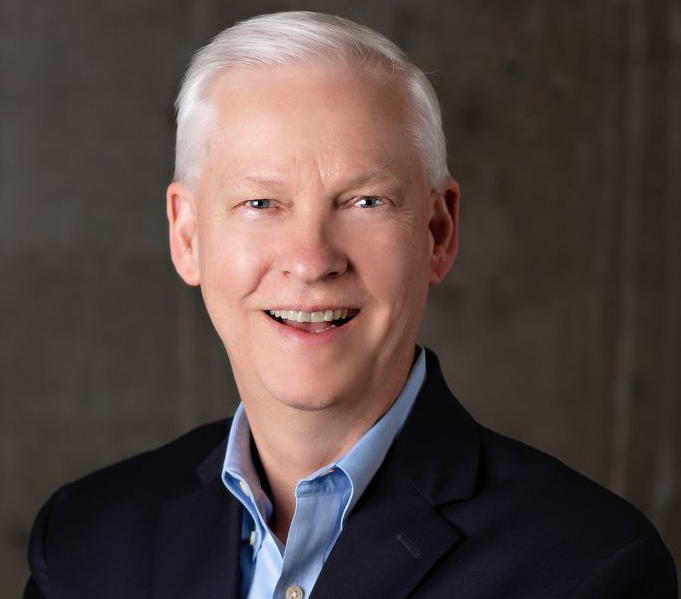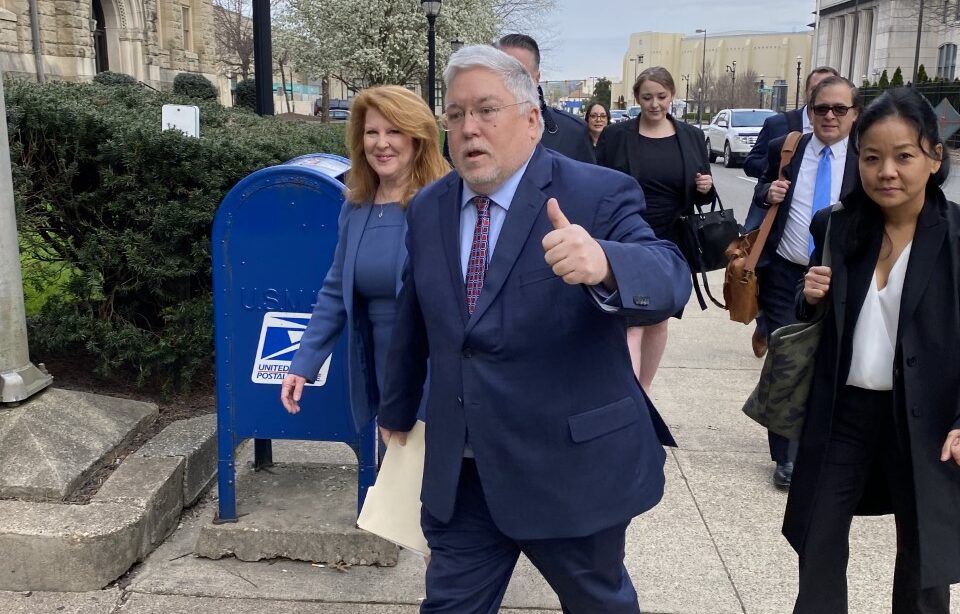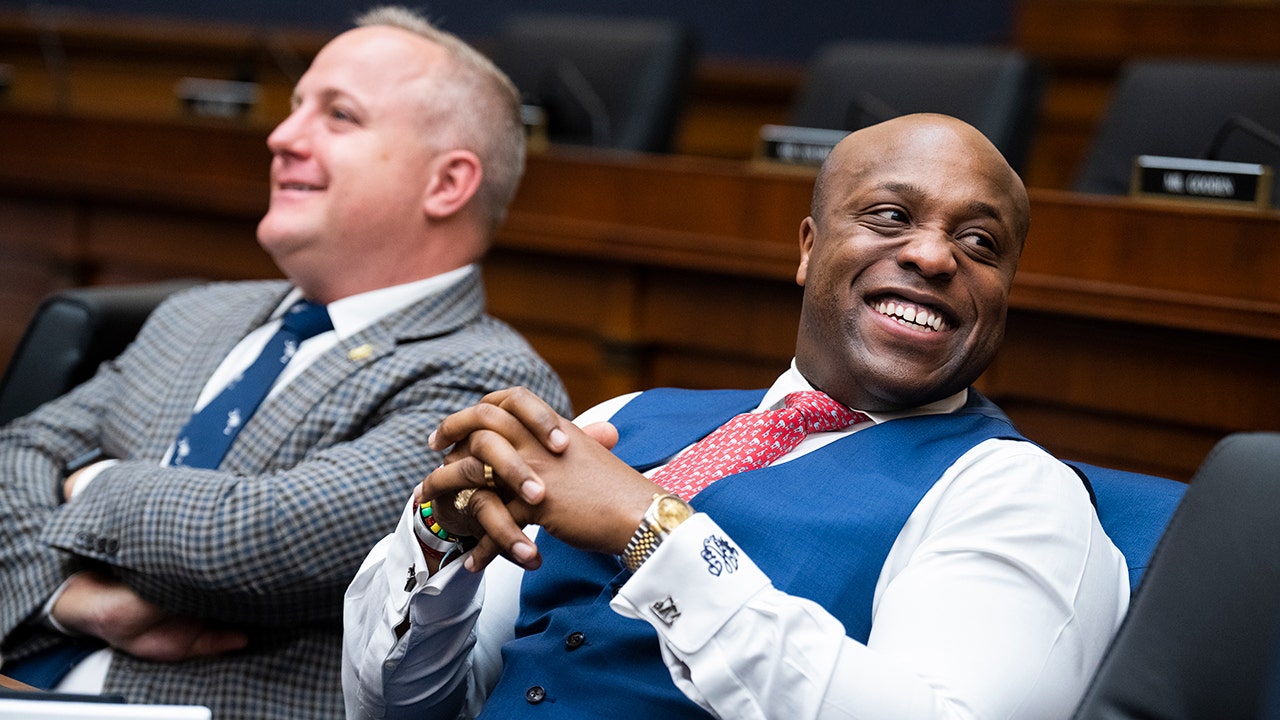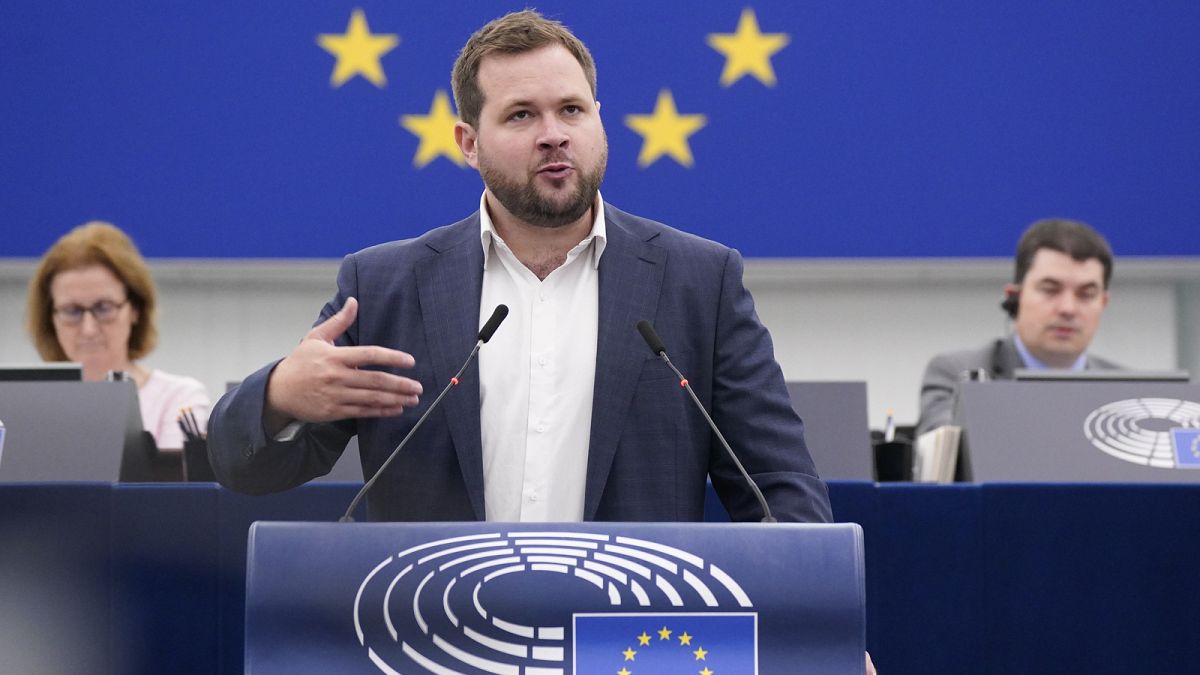- Youth say Montana’s policies exacerbate the climate crisis
- State says Montana can’t be blamed for a global problem
Montana
Montana youth ask judge for historic order in climate trial
/cloudfront-us-east-2.images.arcpublishing.com/reuters/BVF2IRWDWNJTXDDFAXJQSM6W4M.jpg)
June 20 (Reuters) – A lawyer for 16 young people on Tuesday asked a Montana judge for a historic order declaring the state’s pro-fossil fuel policies violate their rights, wrapping up arguments in the first youth-led U.S. climate change lawsuit to make it to trial.
Judge Kathy Seeley in Helena took the case under consideration on Tuesday after hearing from 12 of the plaintiffs during the course of the trial who described how the state’s policies are exacerbating the climate crisis, impacting their health and threatening their futures.
Nate Bellinger, an attorney for the young people, said during his closing statement on Tuesday that Seeley should issue a judgment that the state’s ongoing approval of fossil fuel projects violates a state constitutional guarantee to a “clean and healthful environment.”
He said that “future generations will look back on this historic trial.”
Montana Assistant Attorney General Michael Russell countered that the courts are no place to set climate policy, and that the plaintiffs hadn’t proved that Montana’s relatively small emissions can be blamed for a global crisis.
“This case has received national attention because it has been billed or perceived as a referendum on climate change generally,” he said. But “this is not supposed to be a town hall or popularity contest.”
The trial began on June 12, three years after the youth plaintiffs, now between the ages of 5 and 22, filed their lawsuit. It is one of several youth-led constitutional climate cases pending in courts across the U.S.
The youth plaintiffs claim the state’s ongoing permitting of things like coal and gas exacerbates the climate crisis, despite the state having an affirmative duty under a 1972 amendment to the Montana constitution to protect and improve the environment.
Attorneys for the state said during the trial that the youth had failed to target a specific policy upon which real relief could be granted. They said the primary policy targeted by the lawsuit, the Montana Environmental Policy Act, is a “procedural” law that does not mandate specific outcomes.
The trial included testimony from the youth plaintiffs who claimed the state’s policies are contributing to extreme heat and drought, shrinking the state’s famed glaciers and worsening wildfires.
“When I think about summer, I think about smoke. It sounds like a dystopian movie, but its real life,” plaintiff Claire Vlases, 20, testified last week.
During the state’s defense, government officials said that agencies like the Montana Department of Environmental Quality don’t have the authority to deny lawful permits, and said that a ruling in favor of the plaintiffs likely wouldn’t change that.
The plaintiffs had originally sought an injunction ordering the state to develop a remedial plan or policies to reduce emissions. Seeley rejected that bid in 2021, since she said it would require the court to make policy decisions better left to other branches of government.
The case is Held v. Montana, Montana First Judicial District Court, No. CDV-2020-307.
For the youth: Nate Bellinger and Julia Olson of Our Children’s Trust; Roger Sullivan of McGarvey Law; and Melissa Hornbein of the Western Environmental Law Center
For the state: Assistant Attorney General Michael Russell of the Montana Department of Justice; and Mark Stermitz of Crowley Fleck
Read more:
Climate change trial pits youth against Montana
Youth plaintiffs get another shot to bring climate change lawsuit
Hawaii transportation department must face kids’ climate lawsuit, judge rules
Reporting by Clark Mindock
Our Standards: The Thomson Reuters Trust Principles.

Continue Reading
Montana
Second Montana ski resort looks to turn wastewater into powder
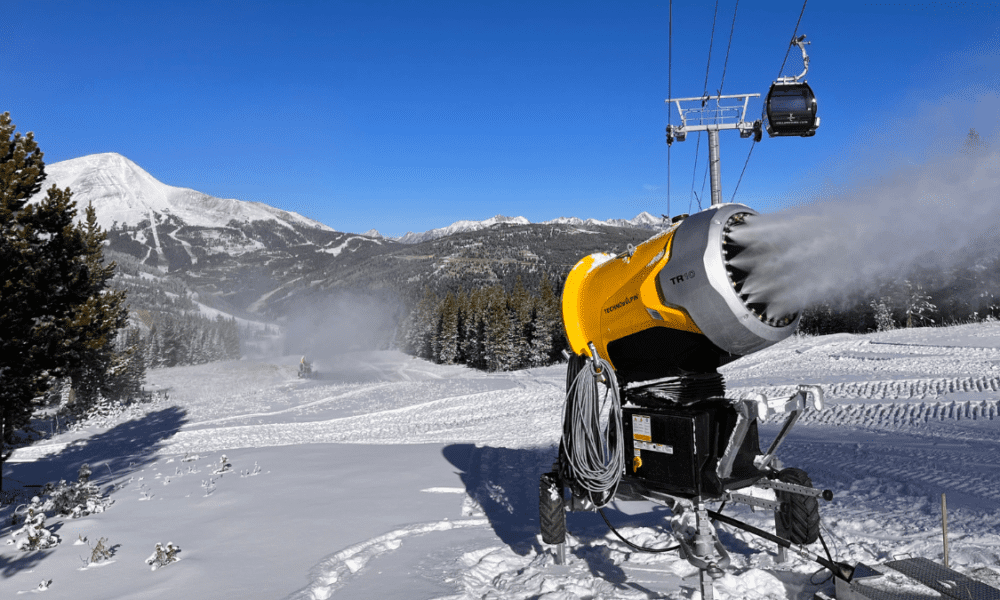
The Spanish Peaks Mountain Club has requested a permit from the Montana DEQ.
By Justin Franz MONTANA FREE PRESS
The Spanish Peaks Mountain Club in Big Sky has asked for a permit from the Montana Department of Environmental Quality to let it turn wastewater into snow for skiing and snowboarding. The private club is the second Montana ski area to try and implement snowmaking technology that proponents say is good for the environment and skiers amid a warming climate.
More than a dozen ski areas in eight states, plus some in Canada, Switzerland and Australia, use wastewater to make powder. This past winter, the Yellowstone Club near Big Sky became the first in Montana to turn what was once sewage into snow. The Spanish Peaks Mountain Club and Yellowstone Club share a common parent company, CrossHarbor Capital Partners, but they operate as separate businesses. The Spanish Peaks terrain is operated by Big Sky Resort and accessible to the public.
If approved, Spanish Peaks Mountain Club would use the treated water to make snow on approximately 44.5 acres of groomed runs on Spirit Mountain and the Spanish Creek base area and about 40.7 acres in the Southern Comfort ski area. The ski area would mostly use the treated snow in November and December to build a base during the early season.
The project would be built out in two phases. During phase one, the ski area would use 23 million gallons of treated water per year to make about 18 to 24 inches of snow. During phase two, that would increase to 44 million gallons of water annually.
DEQ has prepared a draft environmental assessment and is accepting comments on the plan through June 6.
In an emailed statement to Montana Free Press, Spanish Peaks’ Vice President of Environmental Operations Richard Chandler wrote, “We are very excited about this effort and appreciate the Department of Environmental Quality’s careful review. The conservation community in Montana has embraced the concept of turning reclaimed water into base layer snow to reuse our precious resources, recharge the aquifer and extend cold water flow into our rivers in the late summer months. Projects like these will help add resiliency to the Gallatin River, especially during drought years.”
Chandler, who also oversees the Yellowstone Club’s environmental operations, has previously said that turning recycled water into snow is better for the environment than just releasing it into a river, which normally is what happens. By shooting it through the snowmaking equipment (it’s essentially misted onto the slopes as snow) the wastewater is treated again. Then, as it melts in the spring and enters the ground, it’s filtered a third time. Because of that, groups like the Gallatin River Task Force, Trout Unlimited, American Rivers, Great Yellowstone Coalition and the Association of Gallatin Agricultural Irrigators all supported the Yellowstone Club project.
The effort to turn wastewater into snow in Big Sky dates back more than a decade. In 2011, the Gallatin River Task Force, Yellowstone Club and DEQ teamed up to study the concept. The idea was that as climate change made the region’s snowpack more unpredictable, they could serve skiers and the watershed by making snow from treated water that is traditionally just put into rivers and other bodies of water. That winter they successfully turned a half-million gallons of wastewater into two acres of snow about 18 inches deep.
In 2020, the Yellowstone Club applied for a permit from DEQ to expand that pilot program into a permanent snowmaking operation on Eglise Mountain. The following year, the state issued a permit allowing the Yellowstone Club to turn 25 million gallons of wastewater into snow annually. Two years and $12 million later, the new system began making snow last November.
Under the current plan, 80% of the recycled water comes from the Big Sky community, and 20% comes from the Yellowstone Club. For the Spanish Peaks project, all of the water will come from the Big Sky County Water and Sewer District wastewater treatment facility.
Montana
Q&A: Jon Tester, Democratic Candidate for U.S. Senate
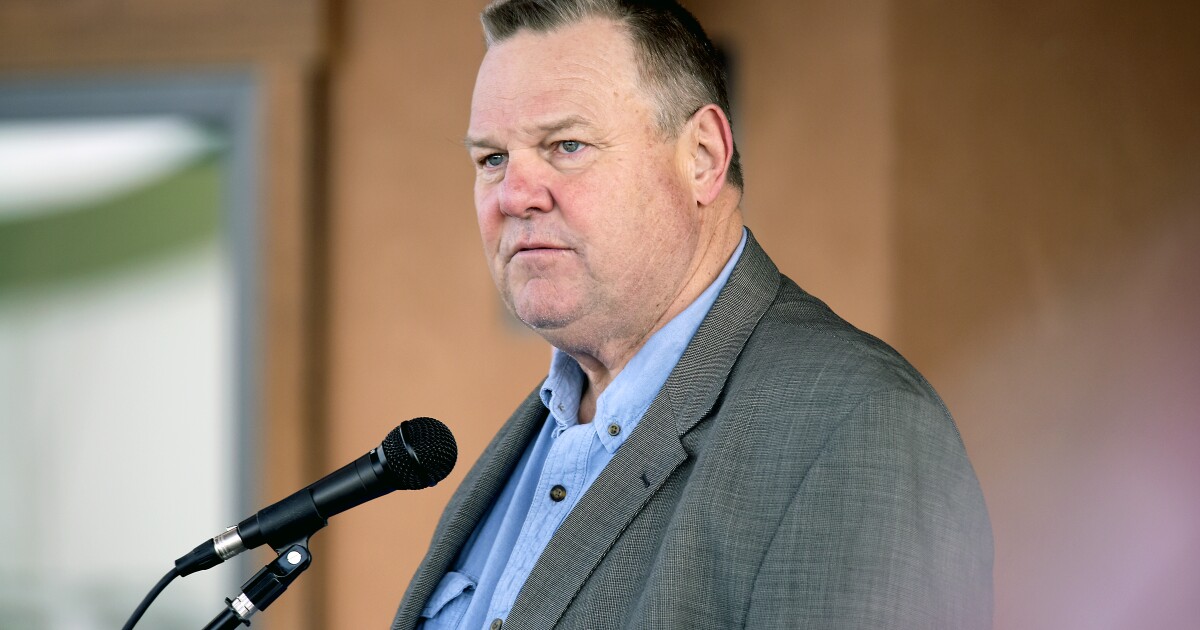
We are gathering information from all statewide candidates as a resource for the 2024 Primary Elections. Responses were limited to 200 words per question. Political attacks may have been removed, but otherwise, the responses are published unedited.
What is your full name as it will appear on ballots?
Jon Tester
What is your age?
67
Where do you live?
Big Sandy, MT
What is your education background?
College of Great Falls, Bachelor of Science in Music
Please list your current and previous occupations.
U.S. Senator, dirt farmer, music teacher for Big Sandy public schools
What motivated you to seek a seat in the U.S Senate?
Simply put, the Montana we know and love is changing. Everything from housing to groceries is more expensive as out-of-state multimillionaires move here and buy up our land, using Montana as their personal playground.
It’s putting a strain on everything – on prices, on our local infrastructure, on our towns and our parks and our public lands. With so much changing, we’ve got to have somebody in the Senate who’s willing to fight for our Montana way of life.
I still farm the land just outside of Big Sandy that my grandparents homesteaded more than 100 years ago. I feel those changes that are going on in Montana right now, every day.
Montana needs somebody back in Washington, DC who understands rural America. Someone who fights for our freedoms and goes to bat for our veterans, our family farms and ranches, our working families, our health care workers and our teachers. I’m running to keep up the fight for those folks, and to make sure our kids and grandkids can grow up in the same Montana we know and love. Montana is the greatest state in the greatest country in the world and it’s damn sure not for sale.
What, if anything, should the Senate do to address the federal deficit?
The deficit is out of control and both parties are to blame. In Montana, we know how to balance a budget and live within our means. That is why I authored a balanced budget proposal. It would protect Social Security and Medicare benefits that our seniors have earned while still forcing the federal government to stop racking up the debt and passing it along to our kids and grandkids. We also need to hold massive corporations accountable and make them pay their fair share.
Yes or no, do you support a federal ban on abortion?
NO.
Montanans of all stripes don’t want the federal government telling them what to do, and they don’t want politicians or judges stripping away their personal freedoms. Just last year, politicians in Montana ignored the voices of the voters and passed abortion bans. I opposed these bans and will always fight to protect Montana women’s freedom to make their own health care decisions.
What, if anything, should the Senate do to address climate change?
There is no question about it, climate change is impacting our economy and our way of life. Sharla and I see these impacts firsthand on our farm, where significant droughts have led to some of the toughest harvests in recent years. Wildfire seasons burn longer and more intensely, and taxpayers are stuck with the bill, paying untold billions of dollars to rebuild after extreme weather events.
We should be developing clean energy technologies to tackle climate change, create good-paying American jobs, and secure our energy independence, and Montana has the opportunity to lead the way. China is actively working to beat America in the clean energy sector in hope of taking over as the world’s strongest economy. We can’t afford to lose this competition. That’s why we should invest directly in Montana companies researching next-generation energy technologies that are affordable and lower costs for consumers. And my Bipartisan Infrastructure Bill secured investments to update our energy grids to prevent and protect against wildfire. Traditional energy sources like oil and gas remain a critical part of how we power our country, so we need to continue to invest in development of technologies like carbon capture and storage to reduce carbon emissions.
What changes, if any, should be made to the way elections and campaigns are funded?
Elected leaders should work for the people, not those who can cut the biggest check. It’s way past time to kick dark money out of politics. We should have done it yesterday.
The Supreme Court’s Citizens United v. FEC decision was disastrous. It flooded our elections with mind-boggling amounts of money and made a mess of our democracy. Since then, I’ve fought to overturn that decision with my “Corporations Are Not People” constitutional amendment, and I urge my colleagues in the Senate to join me in making sure hardworking Montanans, not massive corporations and out-of-state billionaires, get to pick their elected officials.
I will also continue fighting for better transparency in campaign finance, like my Sunlight for Unaccountable Non-profits (SUN) Act, which would take huge strides towards eliminating dark money by requiring the IRS to publicly disclose donors who give over $5,000 to certain tax-exempt groups engaging in political activity.
Hardworking Montanans should be the ones deciding their elections, not out-of-state special interest groups. I will always defend the voices of Montanans and put them first.
What, if anything, should the Senate do to improve the nation’s immigration laws and security at the southern border?
What’s happening on the southern border is unacceptable, and dedicating more manpower and resources is crucial to keeping Montanans safe.
That’s why I’ve called on President Biden to step up and do everything in his power to secure the border, and it’s why I supported a strong bipartisan deal to get our border under control earlier this year. This bipartisan bill would have hired more border patrol agents, cracked down on the fentanyl crisis, and tightened asylum standards – that’s why it received the strong endorsement of the National Border Patrol Council. Unfortunately, many of my colleagues decided to play politics and voted to keep the border open for another year so they could campaign on the issue.
I have been talking with Montanans, sheriffs, and mayors across the state, they all are feeling the consequences of the situation at the southern border, from stretched law enforcement budgets to fentanyl in the communities. I was proud that my bipartisan FEND Off Fentanyl Act passed to place sanctions on countries engaged in international trafficking of illegal fentanyl and give law enforcement the resources they need to battle the fentanyl crisis.
What, if anything, should the Senate do to ensure Social Security and Medicare benefits meet the needs of older adults?
I will never cut Social Security and Medicare. Full stop. For many older Montanans, Social Security is their only source of retirement income, and Medicare is their only way to access affordable life-saving health care. These are essential benefits that Montanans have spent their entire lives paying into, and I will always fight to ensure these benefits are protected – not just for today’s seniors but for all of Montana’s future generations.
There are some politicians who want to end Social Security or cut those benefits. I oppose any plan to do so. I will also stand tough against any plan to privatize Medicare, because our seniors have paid into that their whole lives and should be able to rely on it. I was also proud to pass legislation that allowed Medicare to negotiate prescription drug prices – including capping the price of insulin for seniors at $35/month – and I will fight to ensure that Montana’s nursing homes stay open and fully-staffed. Montana’s seniors can count on me to defend their hard-earned health care benefits.
What should be the top priority when managing public land?
As a lifelong Montanan, I know our public lands are foundational to our way of life and to our state’s economy. You don’t need to be a millionaire to hunt, fish, or hike in these treasured landscapes, because they belong to all of us. Our public lands play a key role for ranchers looking to graze their cattle, or local sawmills in need of timber to harvest. That is why I oppose the call from some politicians who have said they want to transfer our public lands, which would make it easier to sell our wide open spaces off to the highest bidder.
Montana has a long history of local collaboratives working together to improve management of our public lands. I worked with Montanans to protect special places like the Rocky Mountain Front, Glacier National Park, and the Gateway to Yellowstone National Park. I am also incredibly proud to have secured full funding for the Land and Water Conservation Fund, and it’s because of that work that conservation and recreation priorities for Montana’s public lands will be funded for generations to come. And I will continue to fight for bills like the Blackfoot Clearwater Stewardship Act to protect thousands of acres of public lands for future generations.
What, if anything, would you do if elected to build trust in the Senate?
When I first ran for U.S. Senate, I made a promise to Montanans that I would go above and beyond on ethics and transparency and work for them – not special interest groups.
Every day since, I’ve worked tirelessly to uphold that promise. The first thing I did was post my Senate schedule online for all Montanans to see. I was the first Senator to do this and still do it to this day – unfortunately, I’m one of the only U.S. senators who does. So I’ve introduced a bill to make that mandatory for all of my colleagues, because the American people deserve to know who their elected officials are meeting with.
I’m also fighting to crack down on lobbyist influence. I’m working to shut the revolving door by banning members of Congress from becoming lobbyists – ever. And I routinely invite retired Montana judges to conduct a voluntary ethics audits of my office, to ensure my office and I meet the high standards we set for ourselves. I think all of my colleagues should join me.
Like most Montanans, I believe a handshake means something and our word is our bond. That’s how trust in the Senate should be built – by earning it.
Montana
Alberton's Montana River Guides a leader in river safety

The Covid-induced tourism boom to Montana introduced a new audience to the Clark Fork River. For two summers, boats, tubers, kayakers, paddleboarders and river boarders had campgrounds and fishing access sites clogged.
That visitation surge has settled, but once tasted, more people are using the incredible water resources today, and who can blame them?
Most water recreation can be done with common sense safety but whitewater rafting is best done with an experienced company unless the person behind the oars has been safety certified. That’s because it’s a far cry from rowing with your buddies from Forest Grove to the Big Eddy Fishing Access sites casting flies all afternoon.
There are several rafting companies that specialize in whitewater rafting with experienced guides that will make an incredible memory for families with lots of fun, laughter and the stories they share. The shuttle back to your vehicle is happy rafters telling their favorite parts of the day.
“The Alberton Gorge is one of the most beautiful sections of river in Montana and during the summer it has incredible scenery and whitewater opportunities. It’s our specialty! But our scenic wildlife viewing floats on gentle water are becoming more popular. And these are the heart and soul of Montana River Guides,” said Mike Johnston who started the company in 1994.
Montana River Guides has certified whitewater rescue instructors and they have been training search and rescue, fire departments, and rafting companies for many years from as far away as Costa Rica and India. They are affiliated with the Whitewater Rescue Institute and every guide is trained in swiftwater rescue. They are so secure that they are the Discovery Channel’s only choice for whitewater safety.
The foundation of the rafting company is family-oriented whitewater rafting and picturesque river floating.
“We’ve always been off the beaten path, a little bit, being in Alberton,” Johnston explained. “And the longer we’ve had our company, the more we appreciate that we are not near a national park as it’s not near as crowded. That we’re not in a part of Montana that gets overwhelmed with tourism.”
However, the business has been growing steadily as more people move into Missoula and the Spokane and Coeur ‘d Alene areas as those are the repeat customers which are a huge chunk of revenue.
“A lot of our customers are local people and families,” Johnston said. “And then their visiting friends and families come and try it out. They come back year after year. But we also have a lot of tourists who used to drive through the area but have realized there’s a lot of stuff to do here for all ages so it’s almost a destination.”
Something Johnston shares that he’s noticed in his 30 years of taking people rafting is heartening.
“Families today not only include kids and maybe grandparents, but more and more people ask about floating with their dogs. We accommodate it whenever we can. Of course, we can’t do it in big whitewater but on the scenic floats on the Blackfoot or other rivers we float, we have different sized life jackets designed especially for dogs and we’ve never had a bad experience.”
Just to ensure that other rafters might not be dog-people, the requesting party must rent the entire boat, which happens anyway with so many friends and family members.
Johnston is a director of the Mineral County Chamber of Commerce as a personal supporter of local businesses but also to refer his visitors to other local establishments. Where to eat, spend the night, play pool, fill propane tanks, campgrounds that are nearby, etc. Float information and scheduling is done online at montanariverguides.com.
-

 Politics1 week ago
Politics1 week agoHouse Dems seeking re-election seemingly reverse course, call on Biden to 'bring order to the southern border'
-

 World1 week ago
World1 week agoStand-in Jose Raul Mulino wins Panama presidential race
-

 News1 week ago
News1 week agoCompass Direct LLC’s 2024 Registration in North Carolina
-

 World1 week ago
World1 week agoTech compliance reports, Newsletter
-
News1 week ago
UCLA to resume in-person classes after Gaza protest crackdown
-

 News1 week ago
News1 week agoColumbia University cancels its main commencement ceremony after weeks of turmoil
-

 News1 week ago
News1 week agoMan, 75, confesses to killing wife in hospital because he couldn’t afford her care, court documents say
-

 World1 week ago
World1 week agoPentagon chief confirms US pause on weapons shipment to Israel

